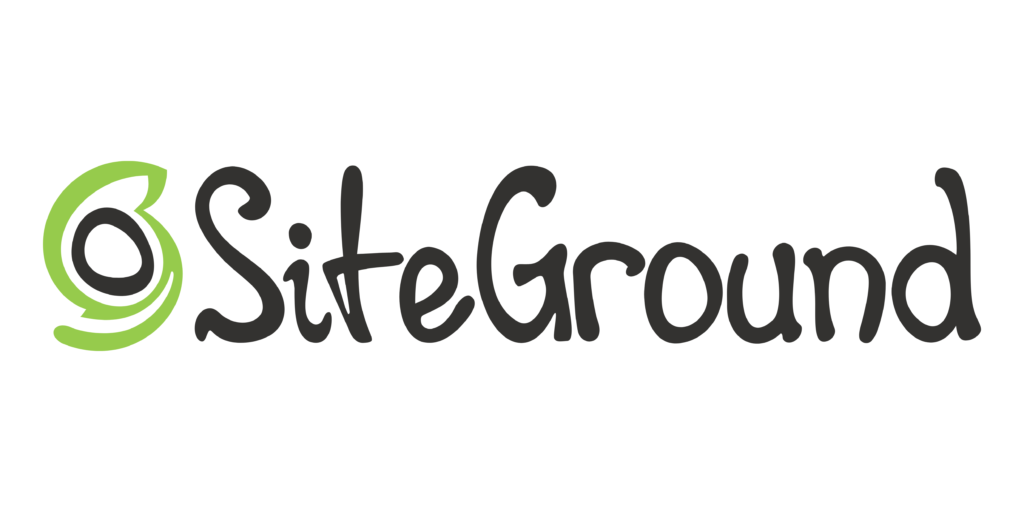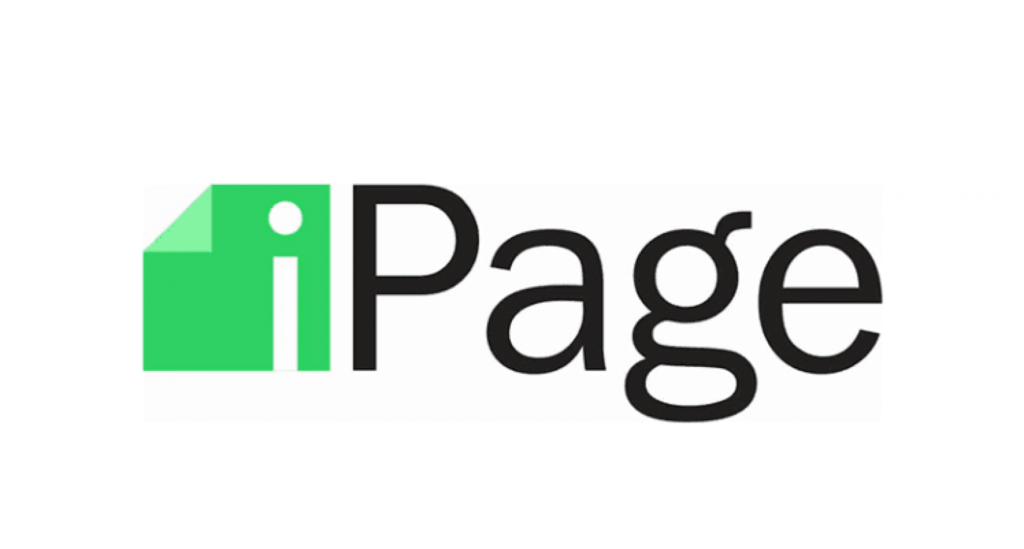Embarking on a digital journey often involves choosing the right hosting provider, and in the realm of alternatives to Bluehost, the options are diverse and dynamic. This guide unravels the intricacies of selecting the perfect Bluehost alternative, offering insights into features, limitations, and key considerations. Join us as we navigate through a plethora of hosting solutions, empowering you to make an informed decision that aligns seamlessly with your website’s needs and aspirations. From performance considerations to scalability, customer support, pricing nuances, and specialized features, this guide is your compass in the quest for the ideal hosting solution.
Features And Limitation Of Bluehost

Now that we’ve gained insights into Bluehost’s position in the web hosting sphere, let’s delve deeper by examining its distinctive features and inherent limitations, providing a comprehensive view of what sets it apart and the areas that might prompt users to explore bluehost alternative.
Features of Bluehost
- User-Friendly Interface: Bluehost boasts a straightforward and intuitive control panel, making it easy for users to manage their hosting environment without a steep learning curve.
- Optimized for WordPress: With seamless integration and dedicated WordPress hosting plans, Bluehost is an excellent choice for users looking to build and manage WordPress-powered websites efficiently.
- Robust Security Measures: Bluehost prioritizes the security of websites, implementing strong measures to protect against potential threats. This includes SSL certificates, SiteLock security, and other protective features.
- Scalability: Bluehost offers scalable hosting plans, allowing users to start with a basic plan and easily upgrade as their website grows, ensuring that the hosting can adapt to changing needs.
- Free Domain for the First Year: Bluehost sweetens the deal by providing users with a free domain for the first year, making it a cost-effective solution for those starting their online journey.
Limitations of Bluehost
- Performance Hiccups on Shared Hosting: Users may experience performance issues if their websites outgrow shared hosting plans. As traffic and resource demands increase, users might need to consider higher-tier plans for optimal performance.
- Renewal Rates: While Bluehost offers competitive promotional prices, users should be aware that renewal rates can be higher. This pricing structure can catch some users off guard when their initial promotional period expires.
- Limited Data Centers: Bluehost has data centers primarily in the United States. This geographic limitation may affect website loading times for international visitors, impacting the user experience for a global audience.
- Domain Registration Fee for Additional Years: While Bluehost provides a free domain for the first year, users need to pay a domain registration fee for subsequent years. This additional cost should be factored into the overall budget for hosting.
- Resource Restrictions on Basic Plans: The basic shared hosting plans come with certain resource limitations, such as storage and bandwidth. Users with resource-intensive websites may find these limitations restrictive and need to consider higher-tier plans.
What Sets Bluehost Apart?
Bluehost stands out with its seamless integration with WordPress and dedicated WordPress hosting plans. The user-friendly cPanel, along with a free domain for the first year, sweetens the deal. Yet, as the digital landscape evolves, the need for exploring bluehost alternative arises.
Seeking Alternatives: Why the Quest?

let’s embark on a detailed exploration of various hosting options that present compelling bluehost alternative, each addressing specific needs and preferences.
1. Diverse Features for Varied Needs
In the dynamic world of online endeavors, the necessity for a hosting provider that caters to a diverse range of needs cannot be overstated. Bluehost, with its comprehensive set of features, may excel in certain aspects, but users often seek bluehost alternative when their projects demand specific functionalities that might not be readily available. Whether it’s advanced security measures, specialized server configurations, or tailored development environments, the quest for bluehost alternative stems from a desire for a hosting solution that embraces versatility, ensuring an optimal match for a multitude of online ventures.
2. Optimizing Performance Beyond Bluehost
Bluehost’s reputation for performance is well-founded, yet the digital landscape is ever-evolving, and websites can outgrow their initial hosting environment. The pursuit of bluehost alternative is fueled by the aspiration for enhanced performance. Users, especially those experiencing increased traffic or hosting resource-intensive applications, seek alternatives that go beyond the limitations of Bluehost’s shared hosting plans. The quest extends to finding hosting solutions that offer not just speed, but also scalability and reliability to meet the demands of a flourishing online presence.
3. Budget Considerations and Cost Efficiency
In the realm of web hosting, budget considerations are paramount for both individuals and businesses. While Bluehost offers competitive pricing, users embark on a quest for bluehost alternative due to the potential disparity between initial promotional rates and subsequent renewals. The pursuit of cost efficiency involves exploring bluehost alternative that not only fit the budget at the outset but also present transparent and predictable pricing structures. Users seek hosting providers that align with their financial plans, ensuring a sustainable and affordable hosting journey throughout the lifespan of their online projects.
4. Aligning Hosting Solutions with Evolving Requirements
As the digital landscape continually shifts, websites and online ventures often undergo transformations in their requirements. Bluehost, although versatile, may not seamlessly adapt to the changing needs of users. The quest for bluehost alternative arises from a proactive approach to aligning hosting solutions with evolving requirements. Whether it’s a shift in business focus, the demand for specialized hosting for a particular content management system (CMS), or the need to accommodate a growing online presence, users explore bluehost alternative that offer the flexibility to evolve alongside their digital ambitions. The quest is not just for a hosting provider but a dynamic partner capable of growing in tandem with the diverse and evolving demands of the online realm.
Commonly Used Bluehost Alternatives For Web Hosting

In the vast landscape of web hosting, users often find themselves at a crossroads, contemplating bluehost alternative that offer a tailored approach to their specific needs. While Bluehost stands as a reputable option, the quest for bluehost alternative is fueled by the desire for diversity, performance, and unique features. Here, we unravel a curated list of commonly used Bluehost alternative, each presenting its own set of strengths and characteristics that might resonate with different users.
1. SiteGround: Beyond the Horizon
SiteGround goes beyond the ordinary, earning acclaim for its exceptional customer support and swift performance. Its user-friendly interface caters to both beginners and seasoned users, creating a seamless hosting experience. Security is a paramount feature, with robust measures in place to safeguard websites against potential threats. However, users might encounter limitations on shared hosting plans as their websites grow, and being mindful of renewal rates is crucial for long-term budget planning.
2. HostGator: A Habitat for Hosting
HostGator provides a versatile hosting habitat with an array of plans and an intuitive interface. Its versatility makes it a reliable bluehost alternative , appealing to a broad user base. The robust customer support enhances the hosting experience, ensuring prompt assistance. Yet, some users might face scalability limitations with shared hosting plans, particularly if their websites experience rapid growth. Awareness of these plan constraints is essential for users with expanding online ventures.
3. A2 Hosting: Turbocharged Performance
For those prioritizing speed and reliability, A2 Hosting’s Turbo servers deliver top-notch performance. The emphasis on speed makes it an attractive choice for users who value swift website loading times. However, users should be aware that A2 Hosting’s pricing may be slightly higher than some competitors, and understanding the value of turbocharged performance is key to making an informed decision.
4. InMotion Hosting: Tailored for Business
InMotion Hosting stands out by tailoring its services specifically for businesses, offering a range of hosting solutions. This business-focused approach ensures that websites have the resources needed to thrive in a competitive online environment. However, users with personal websites might find the plans and features more geared towards a professional clientele, and assessing individual needs is crucial for making an optimal choice.
5. DreamHost: Privacy in the Digital Dream
DreamHost puts privacy at the forefront, providing shared, VPS, and dedicated hosting solutions. Its commitment to customer privacy adds an extra layer of security, making it an attractive bluehost alternative for those placing a premium on data protection. However, users seeking a plethora of hosting options might find DreamHost’s offerings more streamlined, and understanding specific privacy requirements will guide users in determining if DreamHost aligns with their digital dreams.
6. Site5: Reliability at Its Core
Site5 is synonymous with reliability, offering dependable hosting services and robust customer support. Stability is at the core of their services, making them a go-to choice for users who prioritize a steadfast hosting environment. While Site5 excels in reliability, users looking for a wide range of hosting plans might find the options comparatively limited. Assessing the importance of stability in relation to hosting variety is key.
7. Hostinger: Affordable Agility
Hostinger stands out with its affordable hosting plans, coupled with a focus on speed and security. The agility of Hostinger makes it an attractive choice for users looking for budget-friendly bluehost alternative without compromising performance. However, users requiring highly specialized hosting features might find Hostinger’s offerings more generalized, and assessing the balance between affordability and specific hosting needs is vital for making an informed decision.
8. GreenGeeks: Green Hosting for the Future
GreenGeeks distinguishes itself as an environmentally friendly hosting provider, aligning hosting services with sustainable practices. Their commitment to green hosting appeals to users looking to minimize their environmental impact. While GreenGeeks excels in environmental consciousness, users seeking highly specialized hosting features might find bluehost alternative that better suit their specific needs. Balancing environmental concerns with hosting requirements is crucial.
9. WP Engine: Managed WordPress Mastery
For enthusiasts of the popular WordPress platform, WP Engine excels in managed WordPress hosting. The focus on speed and security tailored for WordPress sites positions WP Engine as a go-to choice for this specific CMS. Users with websites not built on WordPress might find WP Engine’s services more tailored to a niche market, and understanding the focus on WordPress management is essential for making an informed decision.
10. iPage: Budget-Friendly Simplicity
iPage offers budget-friendly hosting solutions with a focus on simplicity. For users seeking straightforward and cost-effective hosting, iPage provides an bluehost alternative that doesn’t compromise on quality. While iPage excels in budget-friendly simplicity, users with more complex hosting needs might find the features somewhat basic. Assessing the balance between simplicity and specific requirements is crucial for optimal hosting satisfaction.
Factors To Consider While Choosing The Perfect Bluehost Alternative

Selecting the ideal bluehost alternative requires a meticulous evaluation of various factors to ensure that the chosen hosting provider aligns seamlessly with your specific needs and preferences. Understanding these key considerations is pivotal for making an informed decision and optimizing your website’s performance and user experience.
1. Performance: Speed Matters
In the realm of web hosting, performance is paramount. Evaluate the speed of alternative hosting providers by considering server response times, overall uptime, and the ability to handle traffic spikes without compromising user experience. A hosting solution that prioritizes speed ensures that your website loads swiftly, contributing to a positive user experience and potentially boosting search engine rankings.
2. Scalability: Growing Beyond Limits
As your website expands, scalability becomes a critical factor. Assess the scalability of hosting plans offered by alternatives to Bluehost, ensuring they can seamlessly accommodate the growth of your online presence without causing disruptions. A scalable hosting solution provides the flexibility to upgrade resources as needed, allowing your website to evolve without constraints.
3. Customer Support: A Lifeline
Responsive and knowledgeable customer support is the lifeline of any hosting provider. Evaluate the quality of customer support offered by Bluehost alternatives, considering factors such as response times, availability of support channels, and the expertise of support agents. A hosting provider with reliable customer support ensures that any issues or concerns are addressed promptly, minimizing downtime and enhancing overall satisfaction.
4. Pricing: Beyond the Initial Allure
While initial pricing may be a significant factor, it’s crucial to look beyond the initial allure and consider the long-term pricing structure. Be aware of renewal rates and any potential hidden fees that may impact your budget over time. Understanding the true cost of hosting ensures that you can plan effectively and avoid unexpected expenses as your website grows.
5. Specialized Needs: Tailoring Hosting Solutions
Different websites have different requirements, whether it’s a WordPress blog, an e-commerce platform, or a complex business website. Consider your specific needs and opt for alternatives that specialize in those areas. Hosting providers that offer specialized solutions ensure that your website receives the tailored support and features necessary for optimal performance in your niche.
Conclusion: Navigating the Web Hosting Landscape
In the dynamic world of web hosting, the search for the perfect alternative to Bluehost is a quest for tailored solutions and enhanced performance. Each alternative mentioned here brings its own set of strengths, catering to diverse preferences and requirements. Consider your priorities, weigh the options, and embark on a hosting journey that aligns seamlessly with your digital ambitions.









